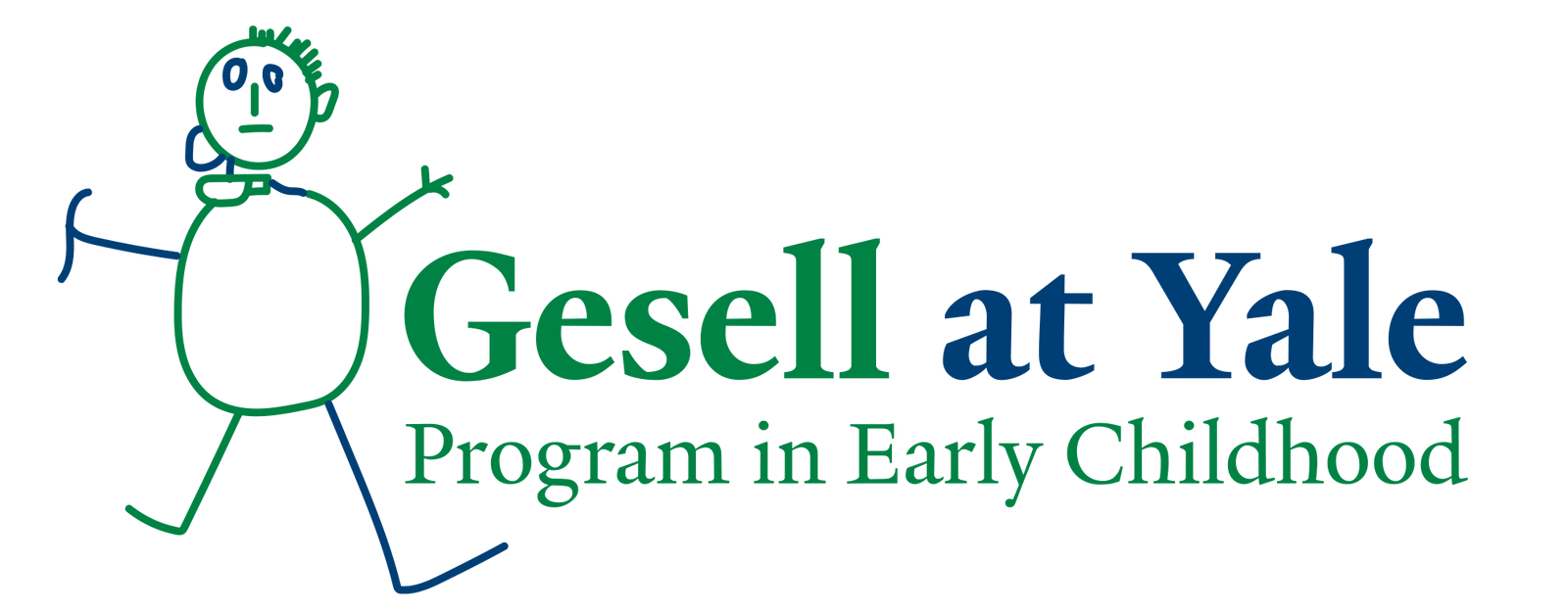Peg Oliveira, PhD
Executive Director
 In the 15 years since the publication of From Neurons to Neighborhoods, scientists have learned a lot about the developing brain, the growth of thinking and learning, the effects of early stress, and the importance of relationships to young children’s development. More recently, the 2016 report Transforming the Workforce for Children Birth Through Age 8, confirms that children are already learning at birth, and they develop and learn at a rapid pace in their early years. In the article What More Has Been Learned? The Science of Early Childhood Development Since Neurons to Neighborhoods, Dr. Ross Thompson outlines these advances, and considers their implications for practitioners and policymakers.
In the 15 years since the publication of From Neurons to Neighborhoods, scientists have learned a lot about the developing brain, the growth of thinking and learning, the effects of early stress, and the importance of relationships to young children’s development. More recently, the 2016 report Transforming the Workforce for Children Birth Through Age 8, confirms that children are already learning at birth, and they develop and learn at a rapid pace in their early years. In the article What More Has Been Learned? The Science of Early Childhood Development Since Neurons to Neighborhoods, Dr. Ross Thompson outlines these advances, and considers their implications for practitioners and policymakers.
I’m not quite ready to prescribe MRI informed practices for improving learning in individual children. However, new research does demand that we take seriously how this emerging knowledge of the developing brain can better inform and influence policy and practice, and ultimately the development and learning of all children; especially those facing adversity.

In summary, what we now know about early brain development is:
- We knew it was early, but we didn’t know it was that early. Learning is rapid and cumulative and begins earlier than we thought. The first three years are even more important for lifelong success than even From Neurons to Neighborhoods had predicted. In the first few years of life, more than 1 million new neural connections are formed every second.
- It’s not (just) about the words. More than just words, it’s the higher pitched, melodic, emotionally charged tones found around the globe that make the difference. Words spoken in adult to adult interactions are less impactful.
- It’s not (all) about me. The thinking of infants and toddlers is less egocentric and far more inquisitive and conceptual than traditionally believed.

For more information on the developing brain, register now for :
What We Know About the Brain in Early Childhood
Thursday, October 9, 2018 – 7:00 pm EST
Taught by Erin Akers, MEd - Director of Education and Development
